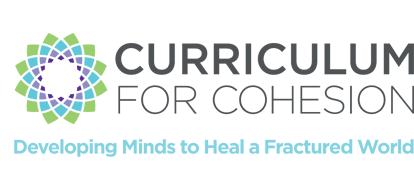

How are our beliefs put into practice?
Our mechanism is a team of the UK’s brightest scholars of philosophy, Islamic studies, as well as legal and educational theorists and practitioners. We are building a systematic philosophy of religion to clear the intellectual ground of redundant and false ideas about religion in order to put in place coherently-related good ones which respect both the principles of faith and the legal and existential contexts of multi-faith society.
We then apply these ideas in the most direct way to way to improve and enrich the practice of teachers, judges, prison officers, researchers and journalists.
We believe that the philosophy of critical realism so fittingly ‘underlabours’ for the contemporary interpretation of Islamic doctrine and practice in multi-faith contexts as to suggest a distinctive branch of contemporary philosophy of religion specifically suited for the purpose of relating Islam to multi-faith society which we call Islamic critical realism.
- At the level of original critical realism, being-as-such, Islamic critical realism is well-placed to help revitalise Islamic praxis due to critical realism’s sharing core metaphysical premises with Islam: ‘Underlabouring’ and philosophical ‘Seriousness’.
- At the level of the dialectical Islamic critical realism, being-as-process, we show how Muhammad’s mission can be authentically and robustly interpreted as one of peaceful transformative engagement with the structures of society: it was neither violent nor passive.
Finally, Islamic critical realism at its spiritual moment, being-as-unity, can give life and relevance to contemporary Islamic ethics by helping to distinguish the essential objectives (maqasid ash-sharia’) of the Islamic Law (Shari’a) from what is peripheral and showing how these principles related to the principles and procedures of English Common Law.